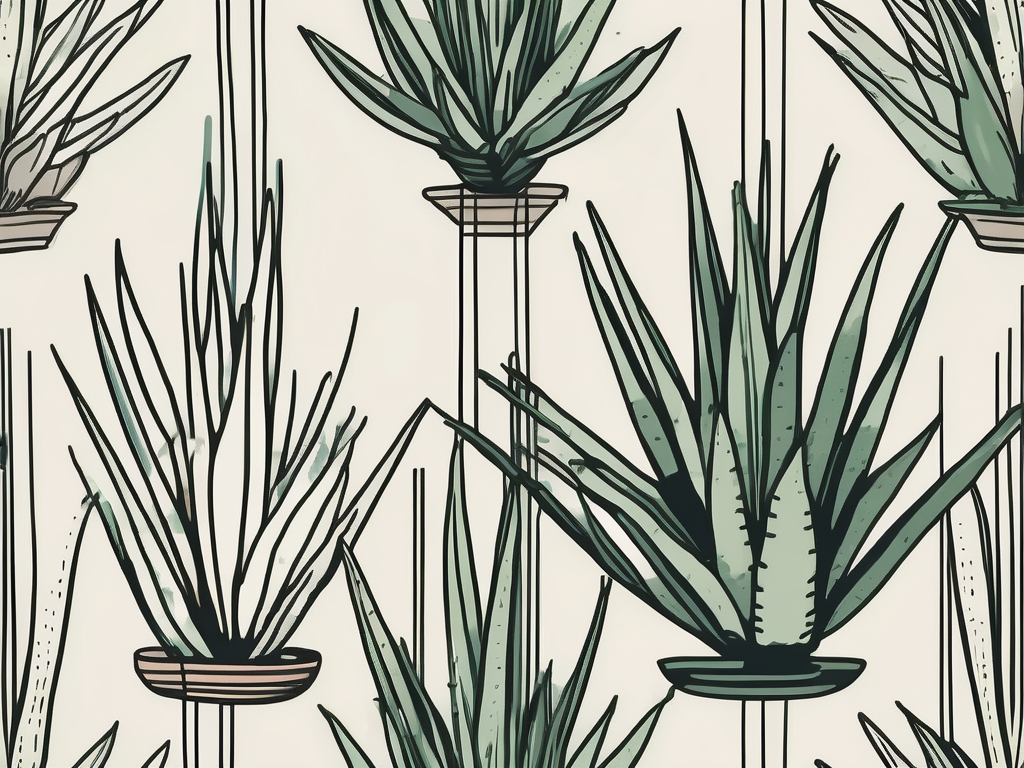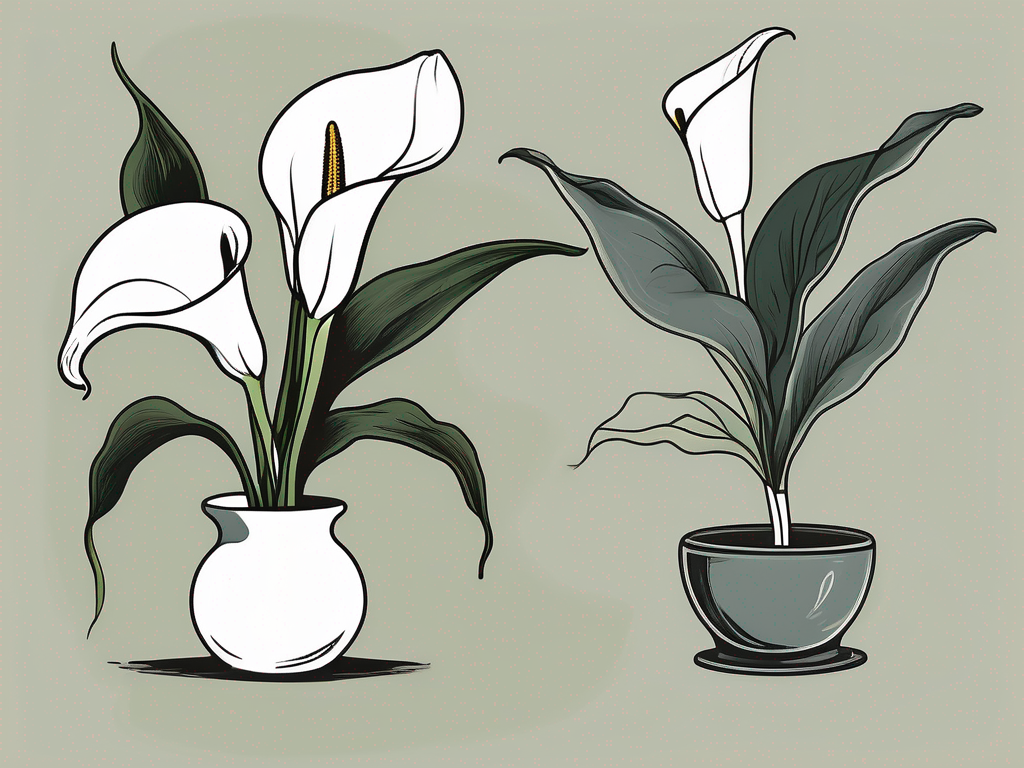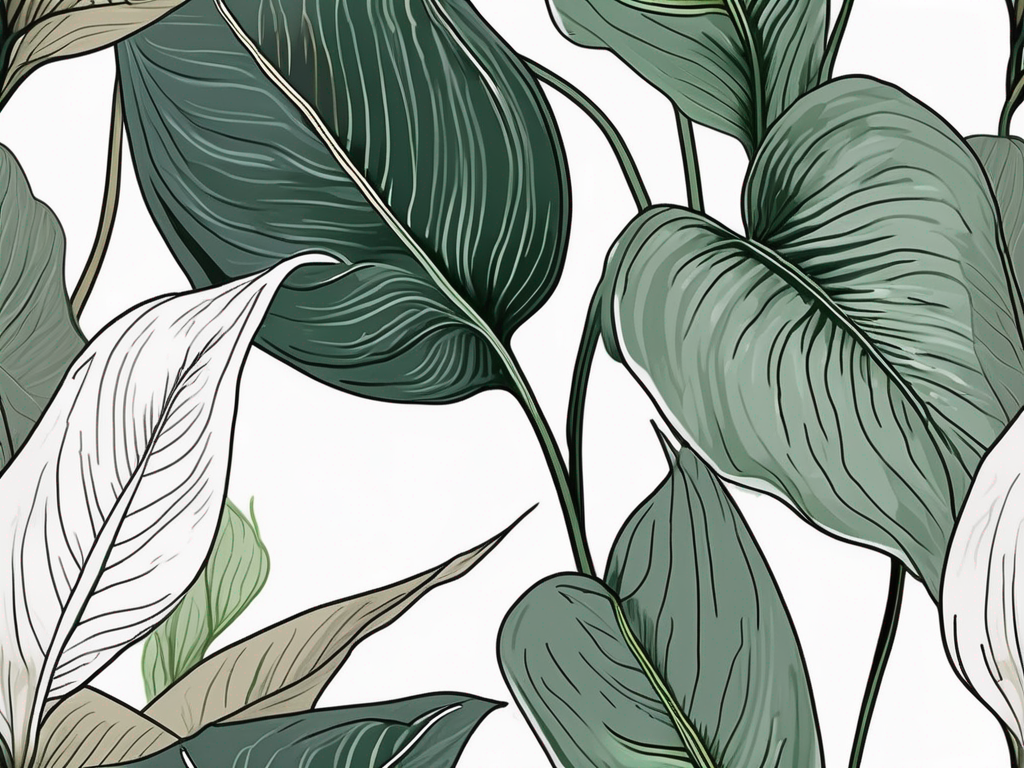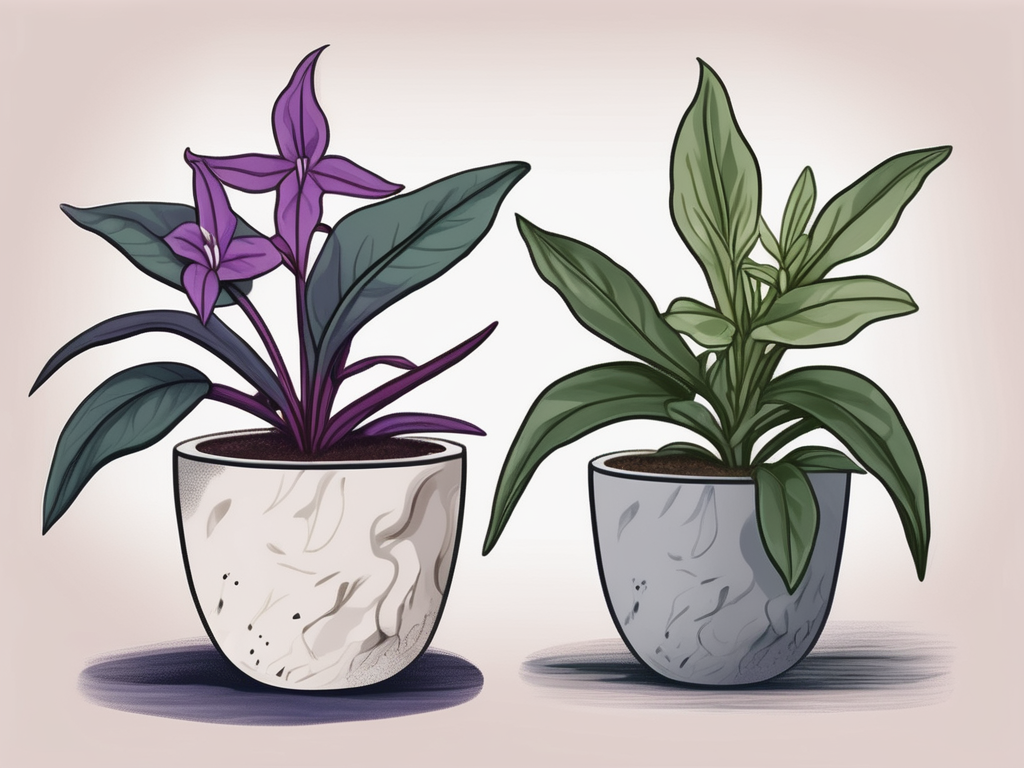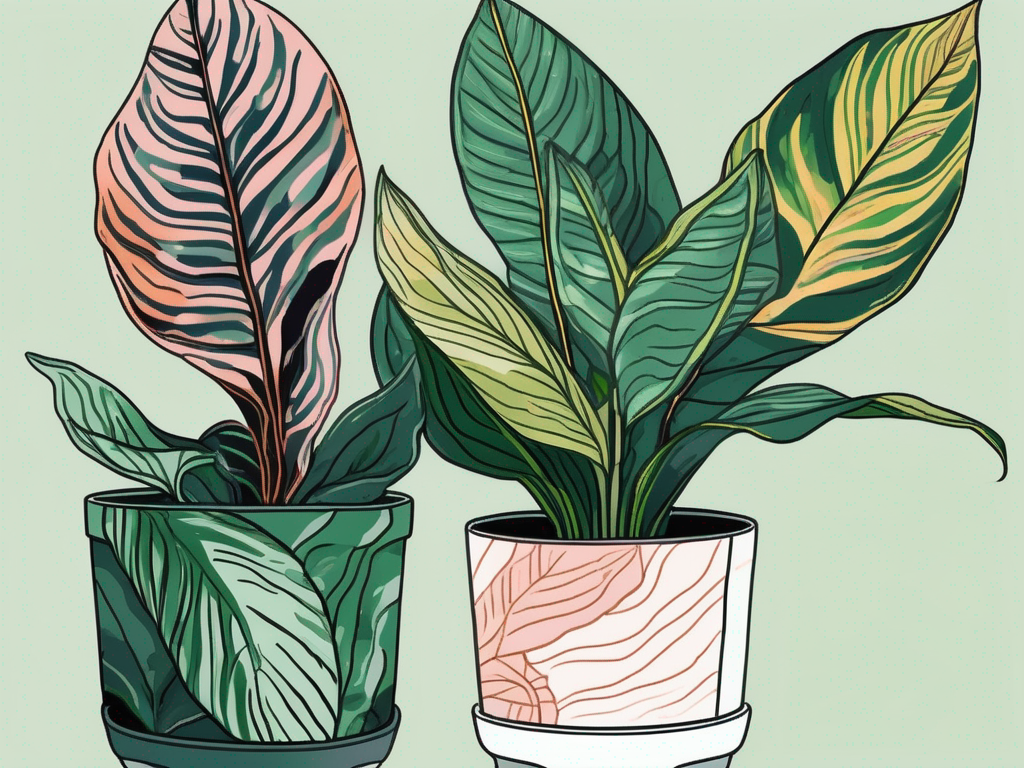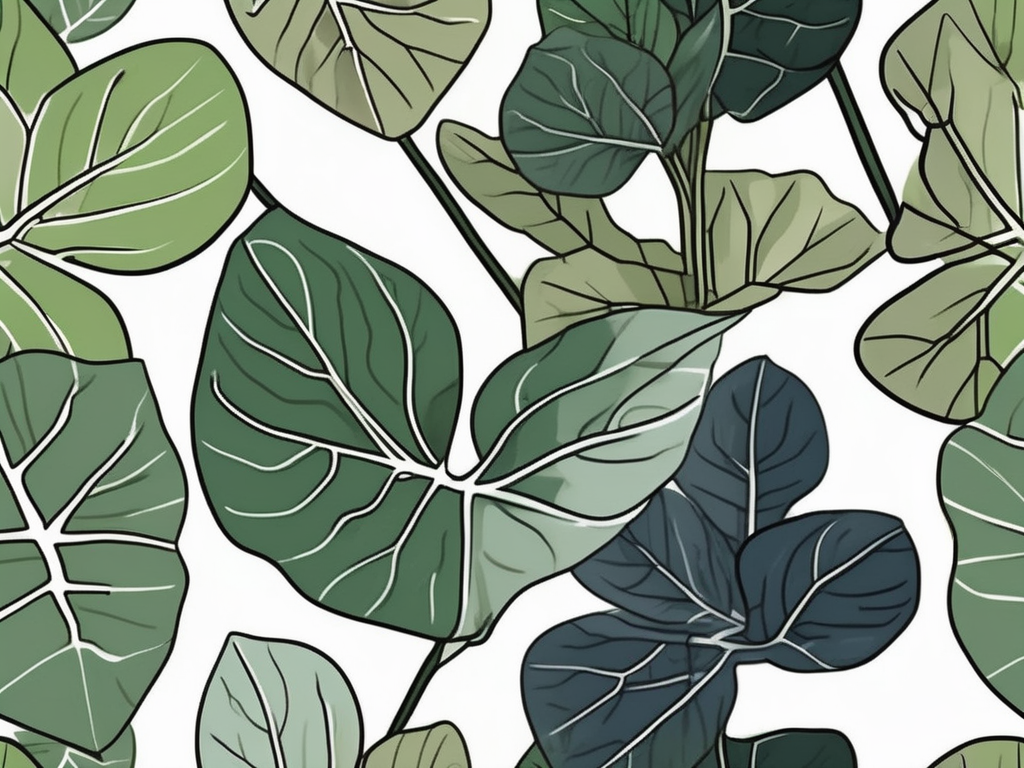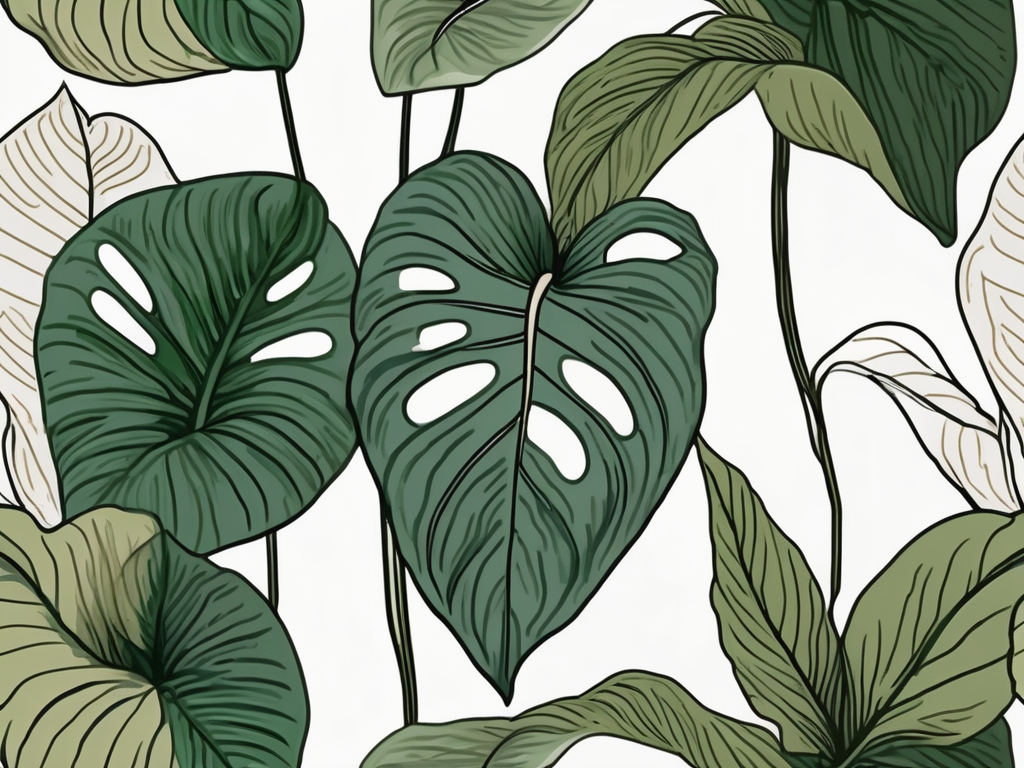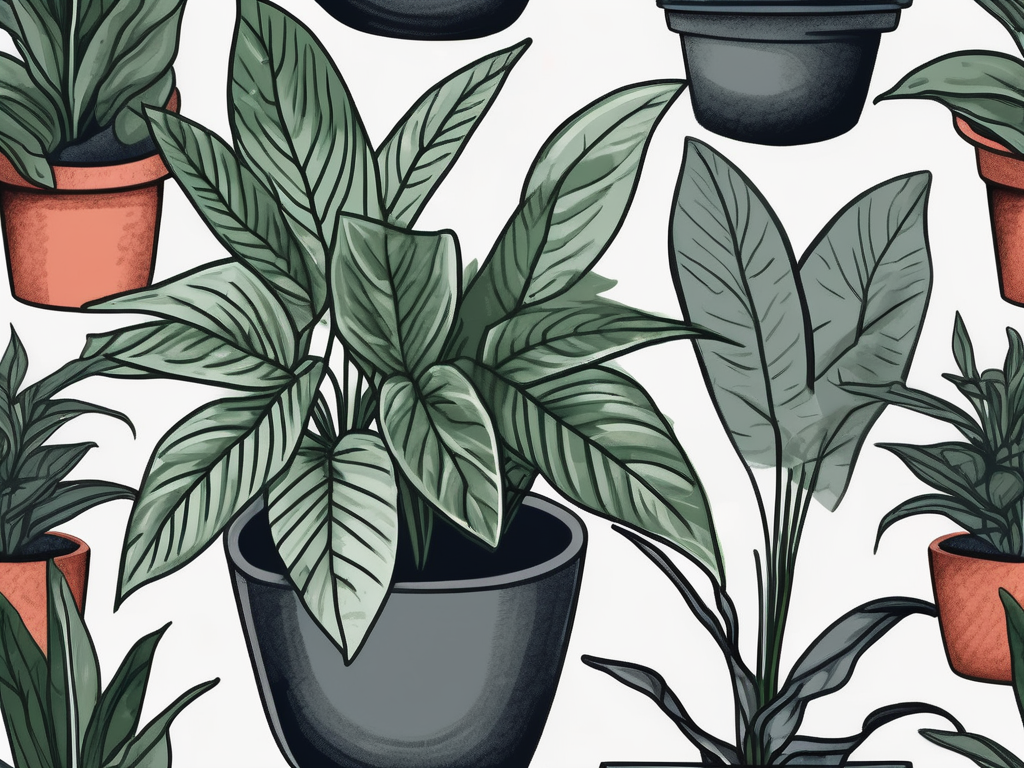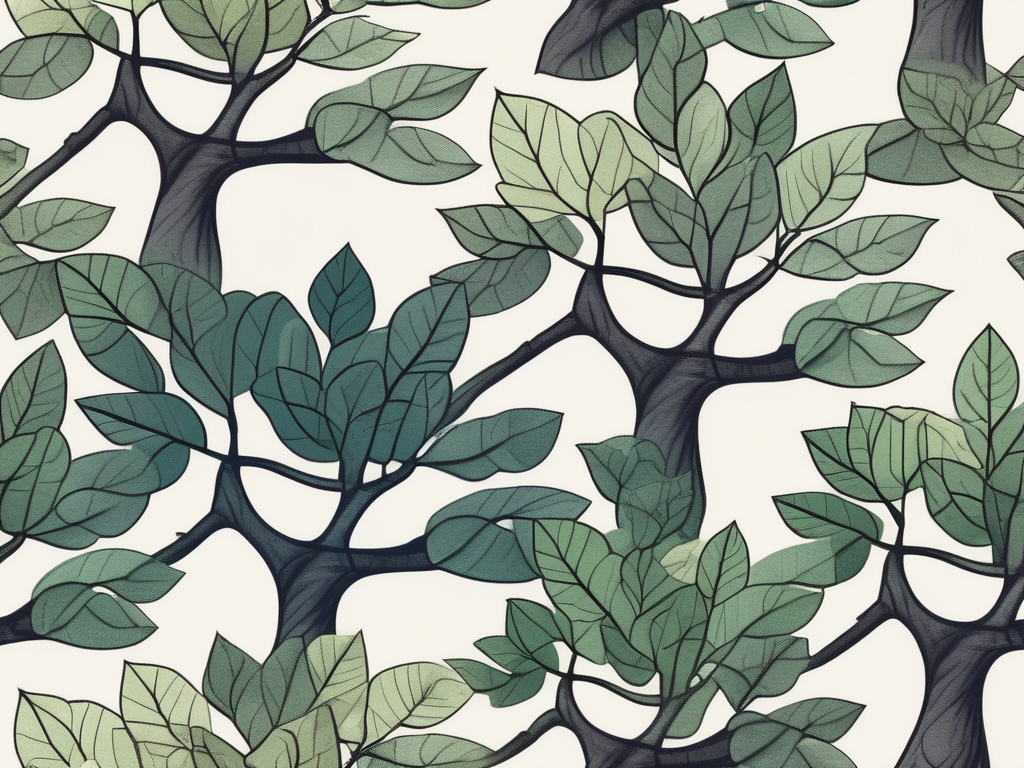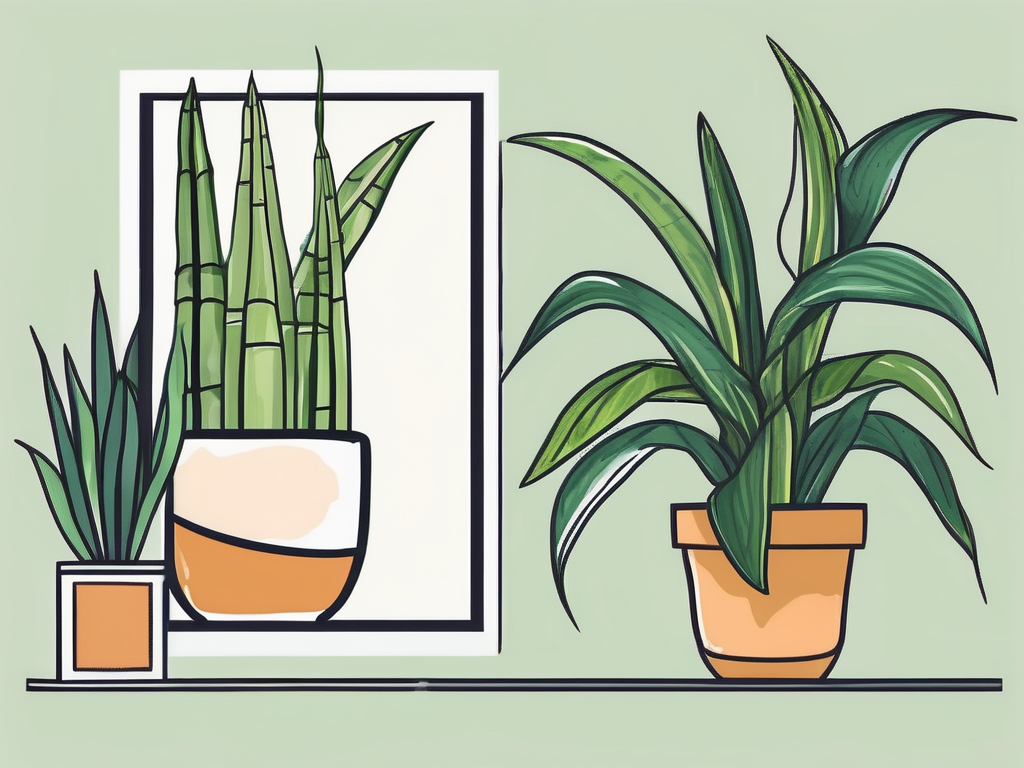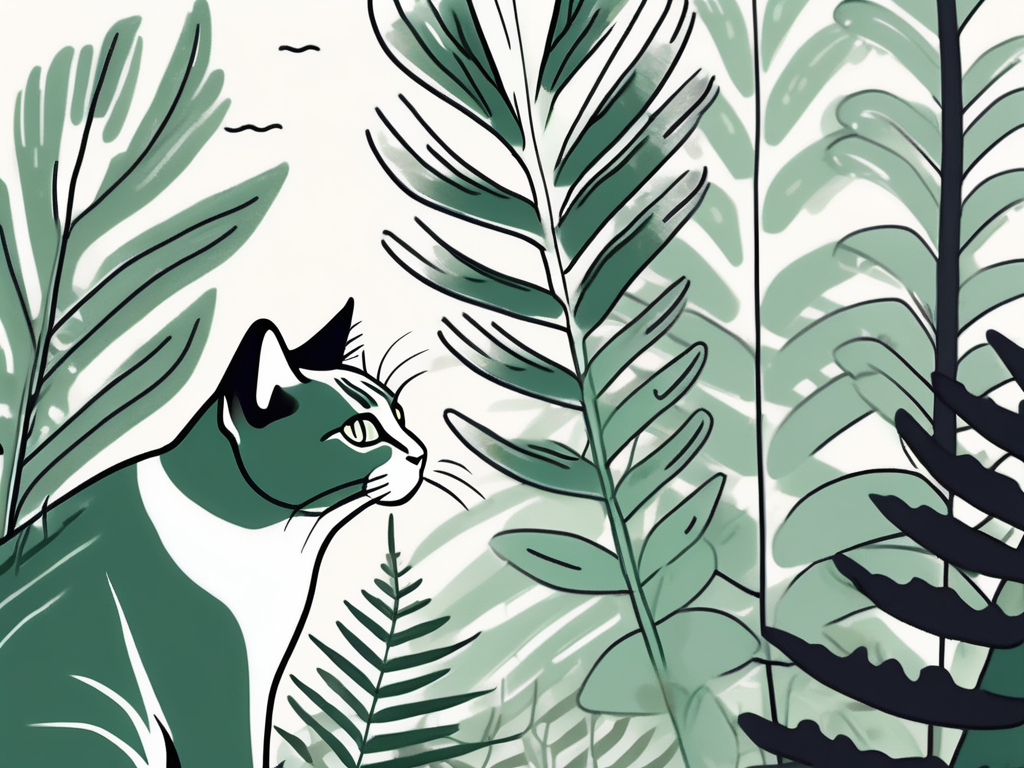
Ferns are a popular choice for houseplants, thanks to their lush, green foliage that can add a touch of nature to any room. But if you're a cat owner, you've probably wondered whether keeping these plants around is safe for your feline friends. Cats are curious creatures, and the last thing you want is for your beloved pet to nibble on something harmful.
This article will explore the topic of ferns and their potential toxicity to cats. We'll look into which types of ferns are safe, which ones to avoid, and how you can create a cat-friendly environment at home. Along the way, you'll also pick up some tips for caring for ferns and incorporating them into your interior design.
Understanding Ferns: A Quick Overview
Ferns have been around for millions of years, and their resilience and adaptability make them a favorite among plant lovers. They're non-flowering plants that reproduce via spores, which is a fun fact to drop at your next dinner party! Ferns come in many varieties, each with its own unique appearance and care requirements. Some common types include Boston ferns, maidenhair ferns, and asparagus ferns.
The diversity of ferns means they can fit into many different styles of home decor, from bohemian to minimalist. However, not all ferns are created equal, especially when it comes to their safety around pets. It's crucial to know which ones are safe if you have cats that love to roam and explore.
Before we dig into the specifics, it's worth noting that not all plants marketed as "ferns" are true ferns. Some may look like ferns but belong to a different plant family altogether, which can affect their toxicity levels.
Are All Ferns Toxic to Cats?
Here's the good news: not all ferns are toxic to cats. In fact, many common household ferns are considered non-toxic and are generally safe for your feline companions. According to the ASPCA, popular choices like Boston ferns (Nephrolepis exaltata) and maidenhair ferns (Adiantum species) are non-toxic to cats. This means if your cat takes a nibble, you won't need to rush to the vet.
However, there are exceptions. Some plants that are commonly called "ferns" can be harmful. For instance, the asparagus fern (Asparagus densiflorus) is toxic to cats. It contains sapogenins, which can cause vomiting, diarrhea, and abdominal pain if ingested.
When introducing any new plant into your home, it's always a good idea to double-check its compatibility with pets. A quick search online or a chat with your local nursery can provide peace of mind. Remember, just because a plant has "fern" in its name doesn't automatically mean it's safe.
Safe Types of Ferns for Cats
If you're a cat owner who loves the look of ferns, you're in luck. There are several types of ferns that are both beautiful and non-toxic to cats. Here’s a list of some safe options that you can consider adding to your plant collection:
- Boston Fern (Nephrolepis exaltata): Known for its arching fronds and vibrant green color, the Boston fern is a favorite among plant lovers. It's safe for cats and can thrive in indirect light with moderate humidity.
- Maidenhair Fern (Adiantum species): With its delicate, fan-shaped fronds, this fern adds a touch of elegance to any space. It prefers high humidity and indirect light, making it perfect for bathrooms and kitchens.
- Bird's Nest Fern (Asplenium nidus): This fern features wide, wavy fronds that resemble a bird's nest. It's non-toxic and can tolerate lower light conditions, making it versatile for indoor settings.
- Korean Rock Fern (Polystichum tsus-simense): This hardy fern has a unique texture and is safe for cats. It prefers cooler temperatures and indirect light.
These ferns not only add greenery to your home but also keep your feline friends safe. They’re a great way to enjoy the beauty of nature indoors without worrying about your cat's health.
Ferns to Avoid When You Have Cats
While many ferns are safe, there are some that you should avoid if you have cats. As mentioned earlier, the asparagus fern is a common household plant that can pose risks to pets. Here's a bit more detail on ferns and fern-like plants to steer clear of:
- Asparagus Fern (Asparagus densiflorus): Despite its name, this plant isn't a true fern. It contains sapogenins, which are toxic to cats and can lead to gastrointestinal issues.
- Emerald Fern (Asparagus aethiopicus): Another member of the asparagus family, this plant is also toxic. It can cause mild to moderate symptoms if ingested by cats.
- Sprengeri Fern (Asparagus sprengeri): Similar to the asparagus fern, this plant should be avoided in households with cats due to its toxicity.
Always check plant labels and do a bit of research before bringing a new plant into a home with pets. Your furry friend's health is worth the extra effort, and avoiding these toxic ferns will help keep them safe.
Creating a Cat-Friendly Environment with Ferns
Now that you know which ferns are safe, let's talk about incorporating them into your home in a way that keeps your feline friends happy and healthy. Here are some tips for creating a cat-friendly environment with ferns:
- Placement Matters: Place ferns in areas that are less accessible to cats, such as hanging baskets or high shelves. This keeps them out of reach and reduces the temptation for curious cats.
- Consider Your Cat's Behavior: If your cat loves to chew on plants, it might be wise to opt for plants that are both non-toxic and less appealing to nibble on. Some cats are more prone to plant munching than others, so keep their habits in mind.
- Use Cat Repellents: There are pet-safe sprays available that can deter cats from chewing on plants. These can be applied to the leaves of your ferns as an extra precaution.
- Provide Alternatives: Sometimes, cats chew on plants out of boredom. Make sure your cat has plenty of toys and scratching posts to keep them entertained.
With a bit of planning, you can enjoy the beauty of ferns in your home without compromising your cat's safety. Plus, you'll have the added benefit of a bit of greenery to brighten up your space.
Caring for Your Ferns: Tips and Tricks
Ferns can be a bit finicky when it comes to care, but with the right approach, they can thrive in your home. Here are some tips to keep your ferns looking lush and healthy:
- Light: Most ferns prefer indirect light. Direct sunlight can scorch their delicate leaves, so aim for a spot with filtered light or partial shade.
- Water: Ferns like to be kept moist but not soggy. Water them when the top inch of soil feels dry to the touch. Overwatering can lead to root rot, so make sure the pot has good drainage.
- Humidity: Ferns thrive in high humidity environments. If your home is dry, consider misting your ferns regularly or placing a humidifier nearby.
- Soil: Use well-draining soil that's rich in organic matter. A peat-based potting mix is often a good choice for ferns.
By following these care tips, you'll be well on your way to having happy, healthy ferns that complement your home decor beautifully.
Incorporating Ferns into Your Interior Design
Ferns aren't just great for their aesthetic appeal; they also offer a versatile design element that can fit into various home styles. Whether you're going for a modern, rustic, or bohemian look, ferns can add a touch of nature and warmth to your space. Here's how you can use them to your advantage:
- Hanging Baskets: Ferns look fantastic in hanging baskets, which can be hung in corners or near windows. This not only saves floor space but also creates a dynamic visual element in the room.
- Grouping with Other Plants: Create a mini indoor garden by grouping ferns with other houseplants. Mixing textures and colors can make a stunning focal point in any room.
- Bathroom Beauty: Because ferns love humidity, they thrive in bathrooms. Place them near a window or shower area for a spa-like atmosphere.
- Accent Pieces: Use ferns as accent pieces on shelves, mantels, or tables. Their lush green leaves can soften the edges of furniture and add balance to your decor.
With their versatility, ferns can be a wonderful addition to any home, helping to create a welcoming and natural environment.
Signs of Trouble: When Your Cat Eats a Toxic Fern
Even with precautions, accidents can happen. If your cat manages to munch on a toxic fern, it's important to know the signs and what to do next. Here are some symptoms to watch out for:
- Vomiting: If your cat starts vomiting after chewing on a plant, it could be a sign of toxicity.
- Diarrhea: Gastrointestinal upset can occur if your cat ingests a toxic fern.
- Lethargy: If your cat seems unusually tired or sluggish, it might be reacting to a toxic substance.
- Loss of Appetite: A sudden disinterest in food could be a warning sign.
If you notice any of these symptoms, contact your veterinarian right away. They can provide guidance on the best course of action and help ensure your cat's safety.
Alternative Pet-Safe Plants for Cat Owners
If you're still concerned about the risks associated with ferns, there are plenty of other pet-safe plants to consider. Here are some alternatives that are both beautiful and non-toxic to cats:
- Spider Plant (Chlorophytum comosum): With its arching leaves and easy care requirements, the spider plant is a great choice for pet owners.
- Areca Palm (Dypsis lutescens): This graceful palm adds a tropical vibe to your home and is safe for cats.
- Calathea (Calathea species): Known for their stunning leaf patterns, calatheas are non-toxic and thrive in indirect light.
- Peperomia (Peperomia species): With their compact size and variety of leaf shapes, peperomias are perfect for small spaces and safe for pets.
These alternatives can provide peace of mind while still allowing you to enjoy the benefits of indoor plants. Plus, they can complement your ferns and add diversity to your plant collection.
Final Thoughts
In summary, not all ferns are toxic to cats, and many popular varieties like Boston ferns are safe for your feline friends. However, some plants commonly called ferns, like the asparagus fern, should be avoided due to their potential toxicity. By choosing the right types of ferns and creating a cat-friendly environment, you can enjoy the beauty of these plants without compromising your pet's safety.
At Cafe Planta, we offer a variety of houseplants to suit any home, along with plant care accessories and apparel for plant lovers. If you have any questions about taking care of your plants, feel free to email us or reach out on Instagram. We believe in the power of plants to bring people together, and we're here to help you create a thriving plant collection in your home.

